<< Previous | Displaying results 11-20 of 69 for "Nuremberg Race Laws" | Next >>
After the Holocaust, the IMT charged the first case of “incitement to genocide.” Learn more about the crime and its application in modern genocide law.

May 29, 1938. On this date, Hungary adopted comprehensive anti-Jewish laws, excluding many Jews from professional work.
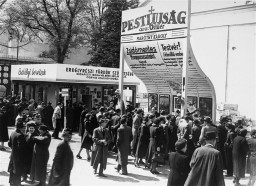
This image shows a 1935 poster by the antisemitic Der Stürmer (Attacker) newspaper. The poster justifies prohibiting “interracial” relationships between Jews and non-Jews under the Nuremberg Race Laws. Many Germans reported suspicions of the “crime” of interracial relationships to the police. The police needed the public to be their “eyes and ears” in this and other matters. Informers were variously motivated by political beliefs, personal prejudices, the desire to settle petty quarrels, or…
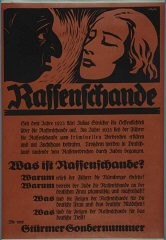
Polish-Jewish lawyer Raphael Lemkin introduced the word genocide in 1944 and lobbied tirelessly for its addition as a crime in international law.
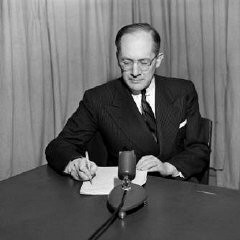
The Justice Case, or Jurists’ Trial, of the Subsequent Nuremberg Proceedings tried members of the German justice administration. Browse excerpts from the verdict.
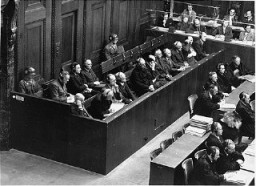
Ben Ferencz investigated and prosecuted Nazi crimes and devoted his career to creating an international system of justice. Learn about his activities and impact.
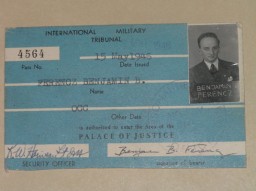
After the trial of major war criminals before the International Military Tribunal in Nuremberg, the United States held a series of other war crimes trials at Nuremberg—the Subsequent Nuremberg Proceedings. The ninth trial before the American military tribunal in Nuremberg focused on members of the Einsatzgruppen (mobile killing units), who had been assigned to kill Jews and other people behind the eastern front. This footage shows US prosecutor Ben Ferencz outlining the purpose of the trial during…
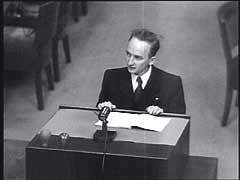
Read about the Nazi persecution of Black people, as well as Black people's experiences in Germany before the Nazi rise to power.
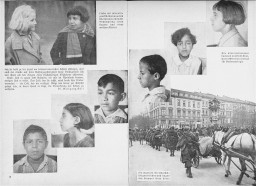
Nazi racism and racial antisemitism ultimately led to mass murder and genocide. Learn more about Nazi racial ideology.
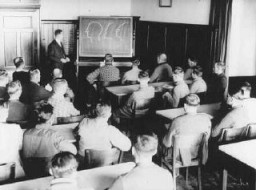
Nazi ideology aimed to promote the myth of an ideal national community and label those who were to be excluded from it as enemies. Propaganda was essential in promoting such myths.
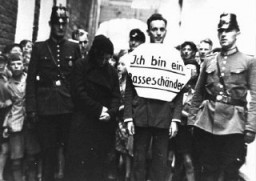
We would like to thank Crown Family Philanthropies, Abe and Ida Cooper Foundation, the Claims Conference, EVZ, and BMF for supporting the ongoing work to create content and resources for the Holocaust Encyclopedia. View the list of donor acknowledgement.